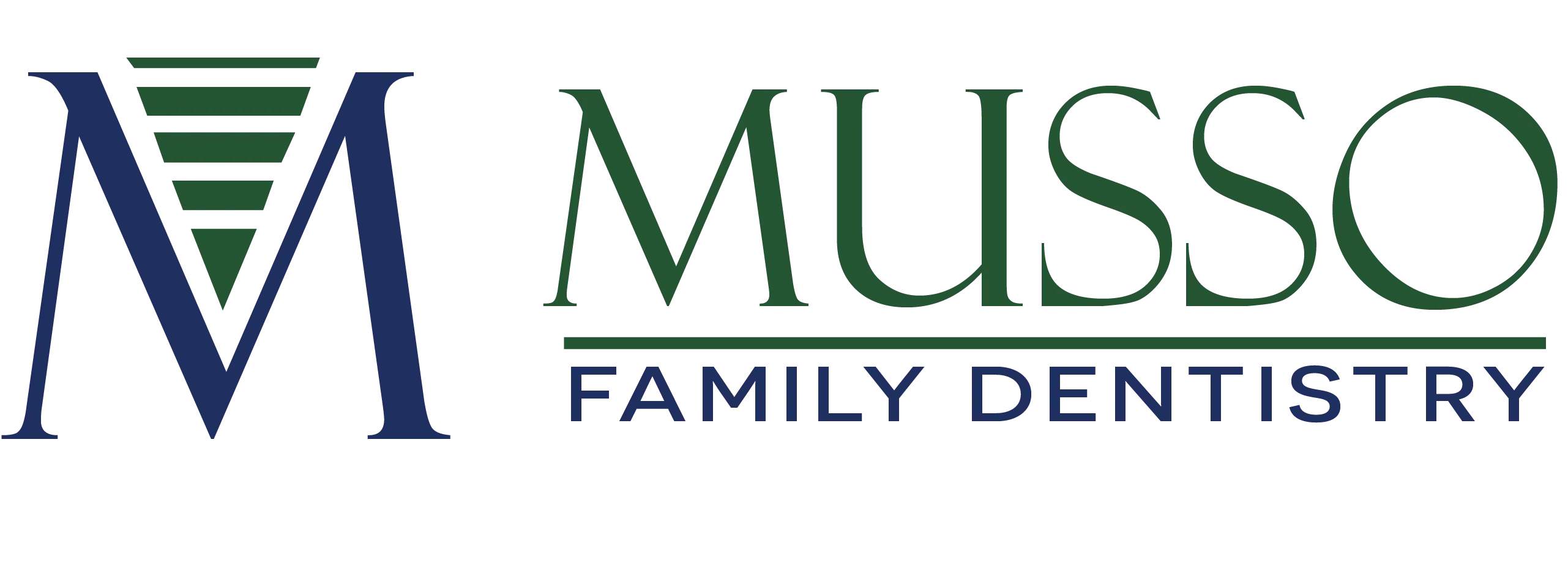Dental Bridges
A dental bridge is a prosthetic device that replaces one or more missing teeth by "bridging" the gap between the remaining teeth. It consists of artificial teeth, known as pontics, anchored in place by crowns attached to the adjacent natural teeth or dental implants, called abutments. The bridge can be made from various materials, including porcelain, ceramic, gold, or metal alloys, often designed to match the natural color of the teeth for a seamless appearance.
The importance of dental bridges lies in their ability to restore the functionality and aesthetics of the mouth. They prevent the shifting of surrounding teeth, which can lead to bite problems and misalignment. Additionally, dental bridges in Garland, TX help maintain the shape of the face, improve speech and chewing ability, and enhance overall dental health by correctly distributing bite forces. By filling the gaps left by missing teeth, bridges in Garland, TX, play a crucial role in preserving the integrity of the dental arch and promoting oral health.
Types of Dental Bridges
Traditional Bridges
Traditional bridges are the most commonly used type of bridge and are designed to replace one or more missing teeth using crowns placed on natural teeth. This type of bridge involves placing a crown on the two teeth adjacent to the gap, with a pontic (artificial tooth) in between.
Traditional bridges are highly effective for restoring the function and appearance of missing teeth. They are durable and provide a natural-looking result, making them a popular choice for many patients. However, they require the adjacent teeth to be altered to accommodate the crowns.
Benefits:
- Restore function and appearance effectively
- Provide durability and strength
- Suitable for replacing one or more missing teeth
Cantilever Bridges
Cantilever bridges are used when there is only one adjacent tooth or implant next to the gap where the missing tooth or teeth are located. For this type of bridge, the pontic is anchored to a crown placed on the adjacent tooth.
While cantilever bridges are less commonly used due to the increased stress on the supporting tooth, they are still viable in specific cases where only one adjacent tooth is available. This type of bridge is generally used for replacing front teeth rather than back teeth due to the potential for increased stress and movement.
Benefits:
- Require preparation of only one adjacent tooth
- Useful in cases where only one neighboring tooth is available
- Less invasive compared to traditional bridges
Maryland Bridges
Maryland bridges, also known as resin-bonded bridges, offer a less invasive option than traditional ones. They are typically used to replace missing front teeth. A Maryland bridge consists of a metal or porcelain framework with wings bonded to the back of the adjacent teeth.
Unlike traditional bridges, Maryland bridges do not require the neighboring teeth to be significantly altered, which preserves more of the natural tooth structure. This makes them a conservative choice for many patients, although they may not be suitable for areas requiring significant strength or support.
Benefits:
- Minimal alteration of adjacent teeth
- Conserve more natural tooth structure
- Ideal for replacing front teeth
- Less invasive and quicker to place
Implant-Supported Bridges
Implant-supported bridges are used when multiple teeth are missing, providing a stable and durable solution. Instead of relying on natural teeth for support, this type of bridge is anchored to dental implants surgically placed in the jawbone. The implants serve as the new "roots" for the bridge, providing a strong and stable foundation.
Implant-supported bridges offer several advantages, including improved stability, durability, and preservation of jawbone health. They are an excellent choice for patients who have lost several teeth and want a long-lasting, functional restoration.
Benefits:
- Provide a stable and durable solution for multiple missing teeth
- Preserve jawbone health
- Offer excellent strength and stability
- Reduce strain on adjacent teeth
The Dental Bridge Procedure
The dental bridge procedure starts with an initial consultation, during which our dentist in Garland, TX, evaluates the patient's oral health and determines the best type of bridge for their needs. This involves taking X-rays and impressions of the teeth to assess the condition of the gums and the surrounding teeth. Based on this evaluation, the dentist creates a customized treatment plan and discusses the procedure, including the type of bridge most suitable for the patient's situation.
The next step is preparing the adjacent teeth, or abutments, which will support the bridge. The dentist reshapes these teeth by removing a portion of enamel to make space for the crowns to be placed over them. Impressions are taken to ensure that the custom bridge will fit precisely. A temporary bridge is then placed to protect the prepared teeth and maintain functionality while the permanent bridge is being fabricated, a process that typically takes a few weeks.
Once the permanent bridge is ready, the patient returns for the fitting appointment. The dentist removes the temporary bridge and places the permanent one, making any necessary adjustments to ensure a proper fit and comfortable bite. The bridge is then permanently cemented or bonded into place.
Post-procedure care includes following oral hygiene instructions and attending regular follow-up appointments to monitor the bridge and surrounding teeth. Proper maintenance is crucial for the bridge's longevity and overall oral health. Contact us today to learn more.
Dental bridges are an effective and versatile solution for replacing missing teeth and restoring both function and aesthetics to the smile. Visit Musso Family Dentistry at 513 W. Centerville Rd, Garland, TX 75041, or call (972) 840-8477 to schedule a consultation and learn how a custom dental bridge can improve your smile and function.
Braces
Clear Aligners
Botox
Cosmetic Dentistry
Dental Implants
Sleep Apnea Therapy
Dental Veneers
Dental Technology
Chairside Monitors
Cone Beam CT Imaging
Intraoral Cameras
iTero® Intraoral Scanner
Panorex X-Rays
Your First Visit
Dental Cleanings and Exams
General and Family Dentistry
Wax-Up Tooth Models
Night Guards
Tooth-Colored Dental Fillings
Dentures and Partials
Dental Crowns
Restorative Dentistry
Orthodontics
Root Canal Therapy
Periodontal Therapy
Oral and Systemic Health
Pediatric Dentistry
Snoring Therapy
TMJ Therapy
Sedation Dentistry
Products
Digital X-Rays
Tooth Extractions
Smile Makeover
Teeth Whitening
Tooth Contouring
Dental Bonding
Visit Our Office
Office Hours
- MON7:00 am - 4:30 pm
- TUE7:00 am - 4:30 pm
- WED7:00 am - 4:30 pm
- THU7:00 am - 4:30 pm
- FRIClosed
- SATClosed
- SUNClosed

